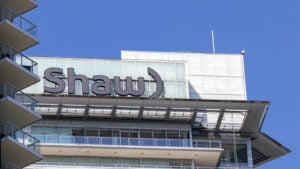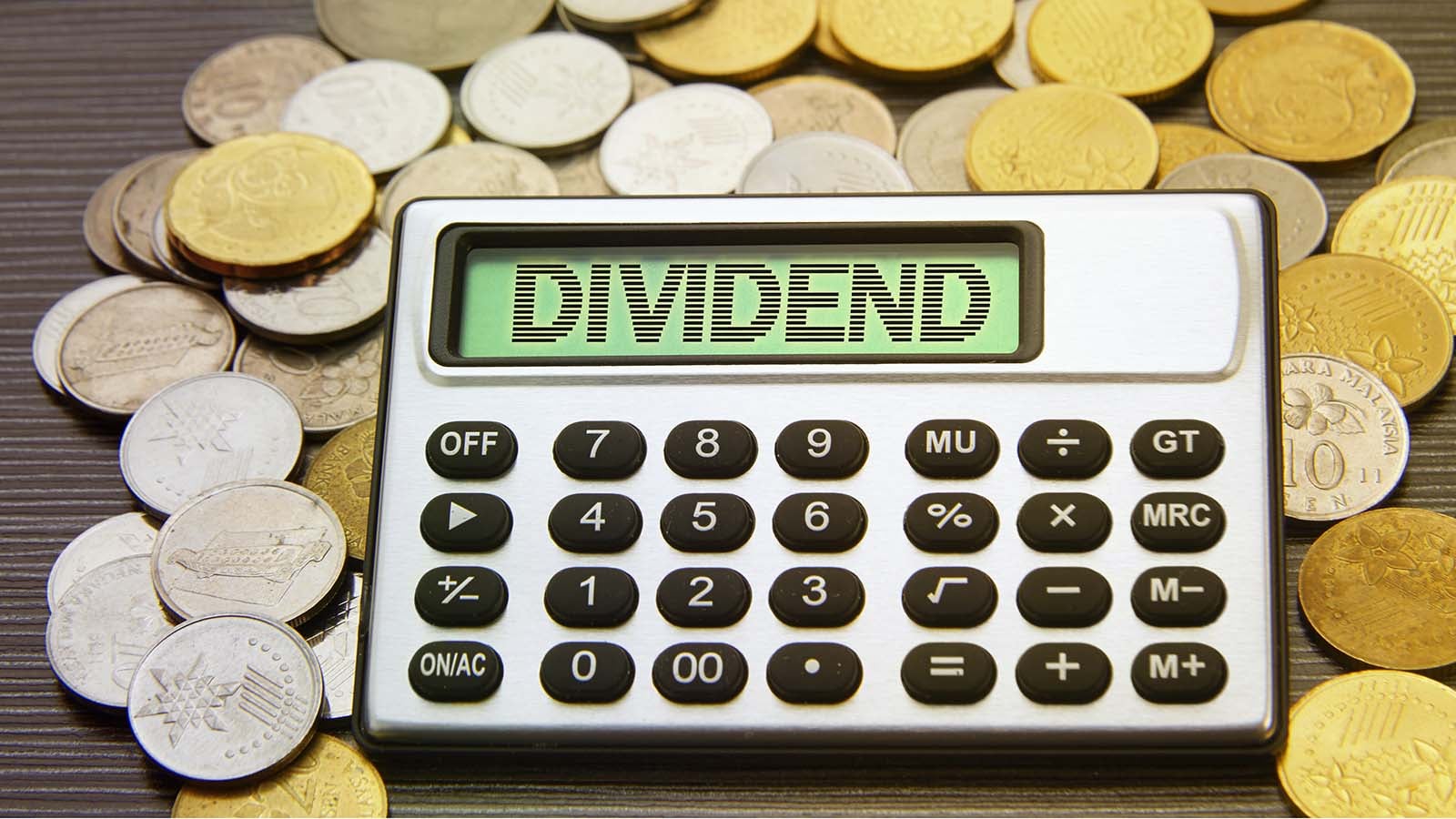Some investors — usually referred to as income investors — specifically set out to buy securities that pay them even before stock price appreciation. But they’re not looking for just any dividend stocks. Income investors typically want to buy high-yielding, reliable stocks. And while the dividend yield is certainly an important consideration, investors can also choose between stocks with varying payment frequency as well.
While most stocks that pay dividends do so on a quarterly basis, there is no rule that says a company must pay its dividend every three months. Some stocks pay dividends annually, while others pay semi-annually.
But there are also a select number of monthly dividend stocks that offer 12 payments per year. These stocks could be more beneficial for investors looking for more frequent dividends. After all, your bills This article will highlight three dividend stocks that not only have high yields, but also pay those dividends each month.
Today’s three dividend stocks are:
Monthly Dividend Stock: Realty Income (O)

Dividend Yield: 4.8%
Realty Income is a monthly dividend stock — it has actually trademarked itself as “The Monthly Dividend Company.” Realty Income is a real estate investment trust (REIT), which means it owns properties that are rented out to tenants. The cash flow received from rental payments is used to acquire additional properties, which then generate additional cash flow. This results in a snowball effect that has fueled the company’s steady growth for the past several decades.
The e-commerce boom over the last few years has really put the pressure on the retail real estate industry, especially the section devoted to brick-and-mortar retail. The coronavirus pandemic accelerated this trend in 2020.
Fortunately, Realty Income is well managed, which has helped it stay strong despite the hard times. In the third quarter of 2020, adjusted funds from operation (AFFO) only lost 2.4% per share. The company collected 93.6% of contractual rent in November, which was a slight increase from October.
The company boasts a diverse tenant portfolio featuring the sort of companies that it’s harder to replace with e-commerce — think names like Walgreens (NASDAQ:WBA), 7-Eleven, and Dollar General (NYSE:DG), whose demand holds strong even during recessions.
Realty Income’s dividend history reaches back 606 consecutive months throughout its 51-year history, and has increased its dividend 109 times since going public in 1994. Shares of this dividend aristocrat currently yield 4.8%.
SL Green (SLG)

Dividend Yield: 5.9%
Like Realty Income, SL Green is a REIT. But unlike Realty Investment Trust, SL Green owns commercial properties in New York. It’s in charge of nearly 100 buildings there, with a combined total of 41 million square feet between office and retail properties.
The company looked good in 2020. Funds from operation (FFO) came to $1.75 per share in the third quarter, flat year over year. All things considered, flat FFO generation is by itself a notable accomplishment, considering the extremely difficult environment for both office and retail real estate to begin 2020.
Same-store net operating income increased 2% yoy, and it maintained an occupancy rate of 94.2%. SL Green collected 96.9% of total billings for office, 70% of billings for retail and 92.6% of total billings for the quarter. This has helped the company generate positive cash flow, even in 2020, which has helped the company continue to reward shareholders.
SL Green is a shareholder-friendly company. Not only does the company pay a monthly dividend, it also recently raised its monthly dividend by 2.8%. In addition to that, it also tacked on a special dividend of $1.6967 per share. The special dividend is the result of proceeds received from various asset sales over the course of 2020, including the sale of 410 Tenth Avenue for approximately $952 million.
In addition, SL Green separately announced a $500 million increase to its stock buyback authorization, bringing its total for repurchases to $3.5 billion. Considering the entire market cap is less than $5 billion, the share buyback will likely be a significant boost to FFO-per-share growth moving forward. In the meantime, shares of SL Green currently yield 5.9%.
Shaw Communications (SJR)

Dividend Yield: 5%
Shaw Communications is a major telecom provider based in Canada, whose business is segmented into consumer, business, and wireless. Telecommunications services are usually recession-resistant services, as consumers and businesses are extremely reluctant to go without wireless and wireline services. This has helped Shaw produce steady results in 2020, despite the challenged presented by the coronavirus.
In fiscal 2020, Shaw reported 1.3% revenue growth as wireless revenue increased 17%, along with 11% growth in adjusted earnings before interest, taxes, depreciation, and amortization (EBITDA). Not surprisingly, wireless led the way for Shaw last fiscal year, with average revenue-per-user growth of 2.7% and customer additions of over 163,000.
Shaw has an attractive dividend yield of 5%, and the dividend appears highly secure due to the company’s strong cash flow generation as well as its healthy balance sheet. The company’s net-debt-to-adjusted-EBITDA ratio stood at 2.3x in the most recent quarter, which is a manageable level of debt. Shaw also has no debt maturities until 2023.
This will allow the company to continue rewarding shareholders with cash returns, including the dividend as well as share buybacks. For example, Shaw recently received approval by the Toronto Stock Exchange to buy back up to 24,532,404 Class B shares for a one-year period, until Nov. 4, 2021. This buyback represents approximately 5% of outstanding Class B shares, and will help boost earnings-per-share growth going forward.
As a major telecom, Shaw has a steady business model that is highly resistant to recessions. In addition to its high 5%+ yield, the company raises its dividend modestly while also buying back its own stock. This makes Shaw an appealing income stock for risk-averse investors looking for more frequent dividend payments.
On the date of publication, Bob Ciura did not have (either directly or indirectly) any positions in the securities mentioned in this article.
Bob Ciura has worked at Sure Dividend since 2016. He oversees all content for Sure Dividend and its partner sites. Prior to joining Sure Dividend, Bob was an independent equity analyst. His articles have been published on major financial websites such as The Motley Fool, Seeking Alpha, Business Insider and more. Bob received a bachelor’s degree in Finance from DePaul University and an MBA with a concentration in investments from the University of Notre Dame.
